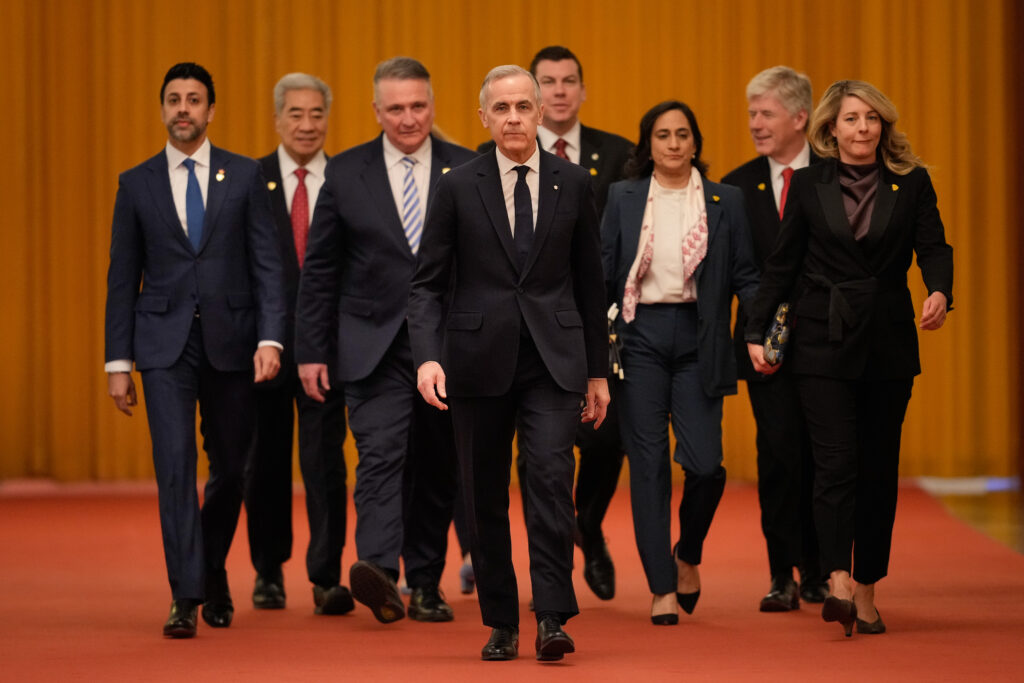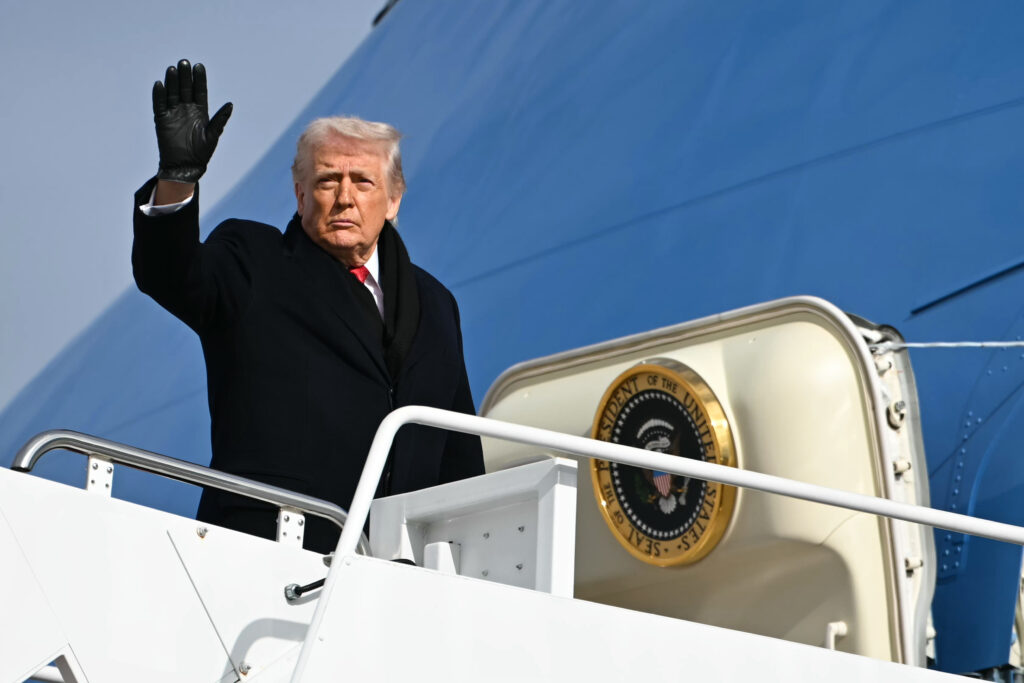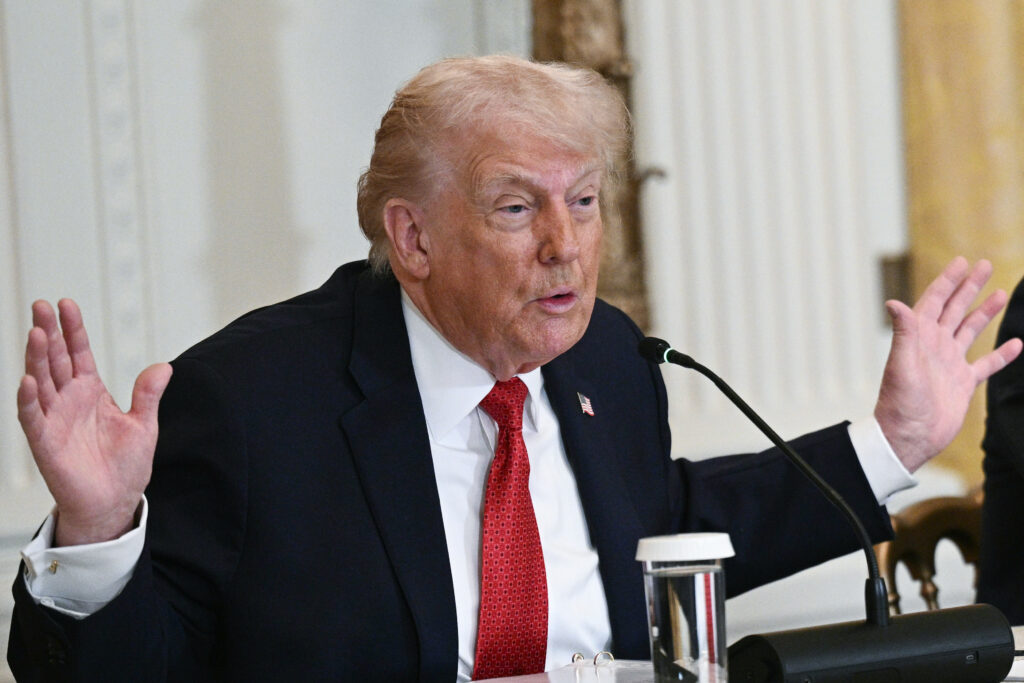Fin du procès de l’Iranienne Mahdieh Esfandiari, jugement le 26 février
Le tribunal correctionnel de Paris rendra son jugement le 26 février dans le procès pour apologie du terrorisme de l’Iranienne Mahdieh Esfandiari, possible monnaie d’échange avec Téhéran contre les Français Cécile Kohler et Jacques Paris, contre laquelle le parquet a requis un an de prison ferme.À l’issue de quatre jours d’audiences, émaillées de plusieurs incidents, le tribunal a mis sa décision en délibéré dans cette affaire suivie de près. Les autorités iraniennes ont en effet émis le souhait d’échanger, une fois la procédure judiciaire close, leur ressortissante contre les deux Français, incarcérés en Iran en mai 2022 avant d’être condamnés respectivement à 20 et 17 ans de prison, notamment pour espionnage au profit d’Israël, puis libérés début novembre 2025 avec interdiction de quitter le pays. “C’est un arrangement, une négociation entre nos deux États”, a déclaré jeudi soir sur BFMTV l’ambassadeur d’Iran en France, Mohammad Amin Nejad. “Mon souhait est leur retour dès que possible après la réalisation des arrangements entre les deux Etats”.”Le fait que les gens décident sur mon sort, sans me demander mon avis, ça me fait mal”, a déclaré la prévenue de 39 ans dans ses derniers mots avant la clôture du procès. “Dire que je suis venue pour faire de l’ingérence, je le perçois comme une insulte à mon égard”, a-t-elle aussi dit, la voix tremblante.Dans cette affaire, jugée en pleine vague de protestation étouffée en Iran par la répression, Mahdieh Esfandiari a comparu pour apologie du terrorisme mais aussi provocation directe en ligne à un acte de terrorisme (des délits passibles de sept ans d’emprisonnement et 100.000 euros d’amende), injure publique en ligne en raison de l’origine, ethnie, nation, race ou religion et association de malfaiteurs. Quatre autres hommes étaient jugés à ses côtés.- Un an ferme requis -À son encontre, le parquet a requis quatre ans de prison dont trois avec sursis, et une interdiction définitive du territoire français à son encontre. La procureure a estimé qu’il n’était pas nécessaire de la réincarcérer, étant donné qu’elle avait déjà effectué huit mois de détention provisoire, jusqu’en octobre dernier. La justice française l’accuse d’avoir alimenté en publications les comptes de l’organisation Axe de la Résistance en 2023 et 2024, notamment sur les plateformes Telegram, X, Twitch et YouTube et le site Egalité et Réconciliation de l’essayiste d’extrême droite multicondamné Alain Soral.En particulier, le compte Telegram de cette organisation a fait l’apologie de l’attaque sanglante menée par le mouvement islamiste palestinien Hamas le 7 octobre 2023 en Israël, incitant à des actes de terrorisme et injuriant la communauté juive, ce qui a mené le ministère de l’Intérieur à faire un signalement à la justice.Contre les quatre autres prévenus de ce dossier, le ministère public a réclamé jusqu’à trois ans de prison ferme, la peine la plus lourde étant demandée pour Alain Soral, absent. Une amende de 30.000 euros et un mandat d’arrêt ont aussi été requis contre celui qui cumule 30 mentions à son casier judiciaire.À la barre, Mahdieh Esfandiari avait reconnu être à l’origine de la chaîne Axe de la Résistance mais contesté être l’autrice des publications.- “Ingérence étrangère” -“Elle se présente devant nous sous un jour parfaitement lisse”, mais “elle est au centre du dispositif”, a soutenu la procureure, qui a appelé le tribunal à prendre en compte le contexte d'”ingérence étrangère” dans ce dossier, bien que cet aspect-là ne fasse pas l’objet de poursuites.”Ce dossier est un dossier bien plus iranien que palestinien”, a-t-elle souligné, prenant soin par ailleurs d’indiquer qu’il ne signifiait “pas la criminalisation du soutien à la cause palestinienne, qui est un débat d’intérêt général” et “mérite bien mieux que cela”.Une ingérence soulevée par les avocats des parties civiles.Me Ilana Soskin, conseil de la Licra, a observé que Mahdieh Esfandiari, qui avait notamment confié pendant les débats son admiration pour les Gardiens de la révolution, prenait “ses instructions directement auprès du bureau du Guide” suprême iranien afin d'”importer en France le narratif de (d’Ali) Khamenei, pour diffuser le discours islamique des mollahs”.”On a fait d’elle une espionne, un agent du régime iranien”, a déploré Me Antoine Pastor, qui défend la prévenue avec Me Nabil Boudi. Alors que “c’est simplement une militante sincèrement et profondément engagée, qui revendique une lecture politique et historique” du 7 octobre 2023 “qui est d’un intérêt général majeur”.”On est face à une procédure qui interroge sur l’état de la liberté d’expression dans notre démocratie aujourd’hui”, a-t-il encore lancé.






